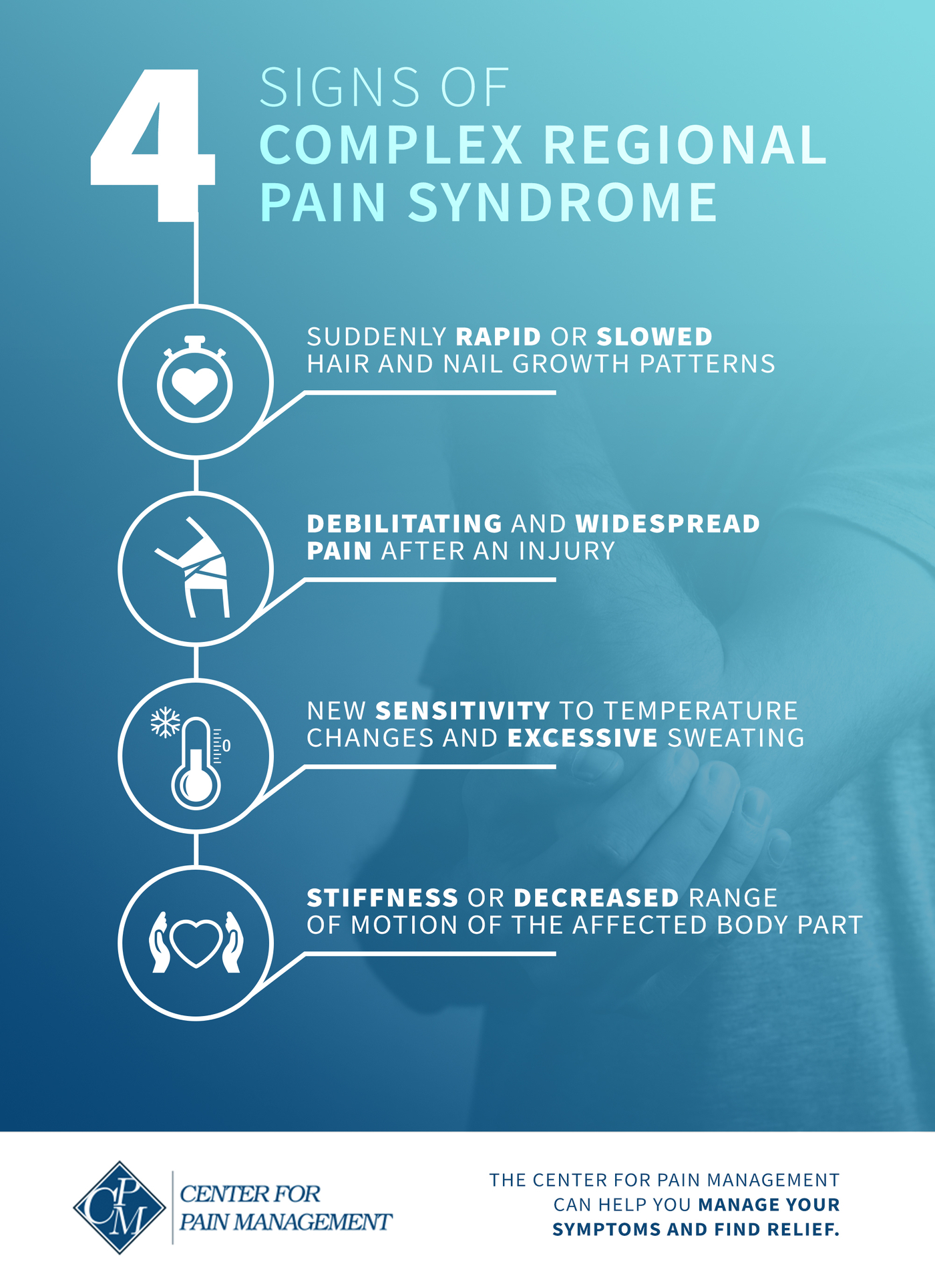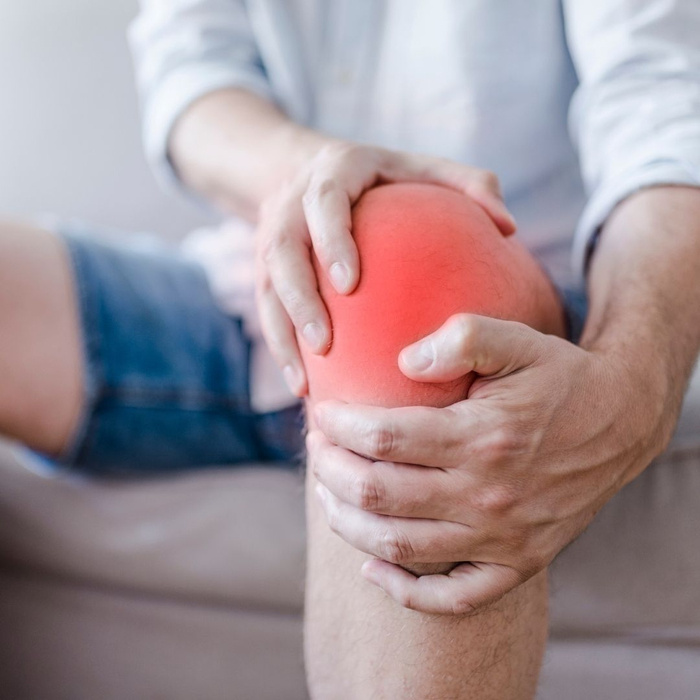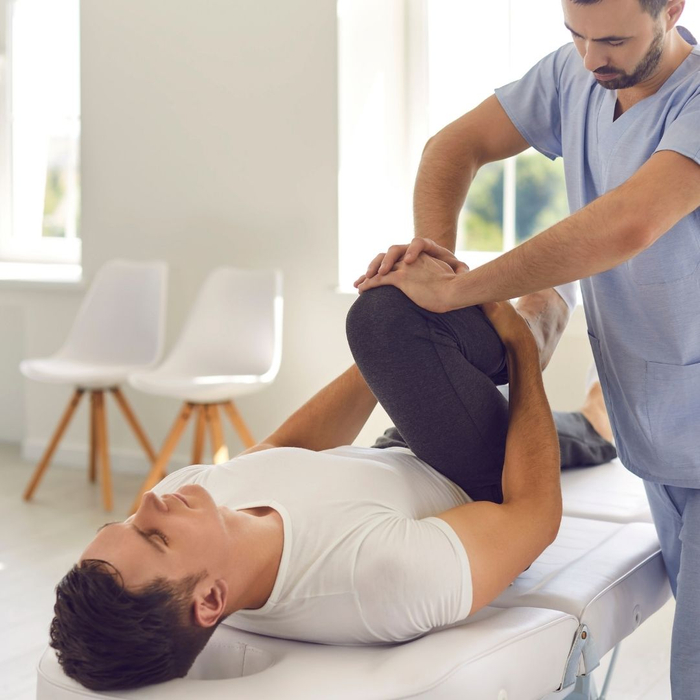4 Signs of Complex Regional Pain Syndrome
4 Signs of Complex Regional Pain Syndrome
Complex Regional Pain Syndrome (CRPS) is a chronic pain condition that isn’t well understood. It’s often triggered by an injury, but this isn’t always the case. CRPS most often affects the limbs, hands, and feet, but some patients experience it throughout their entire bodies. Today, the Center for Pain Management in Hackensack is here to educate you on the signs of CRPS, so you can learn to recognize them in yourself or your loved ones. Keep reading and reach out to us for additional assistance.


Change in Nail and Hair Growth
On average, hair grows by half an inch and fingernails grow by 3.47 millimeters each month. If you notice your hair and nails are growing noticeably faster or slower, or not at all, you may want to discuss this symptom with your doctor.

Extreme Pain After Injury
As you read, CRPS often affects individuals after an injury. It raises their pain intensity, causing the injury to feel much worse than it should. In addition, it can spread pain to other areas of the body. If your pain is widespread and debilitating, please seek pain management in Hackensack for relief.

Increased Sensitivity to Temperature Changes
Besides increasing pain after an injury, complex regional pain syndrome can also increase temperature sensitivity. It might make an affected area feel very cold or like it’s about to overheat. As the body tries to compensate, patients may experience excessive sweating, too. Please talk with a medical professional to address this issue.

Limited Range of Motion
When CRPS sets in, individuals may notice a decrease in their range of motion of the affected body part. It may feel stiff or become difficult to move at all. In some cases, this problem is accompanied by tremors. Your doctor can provide a diagnosis if you notice this symptom.
When you need pain management in Hackensack, choose the Center for Pain Management. We’re experienced in helping New Jersey patients manage their complex regional pain syndrome, and we’d be more than happy to provide you with treatment if you’ve been diagnosed recently. Learn more today.
